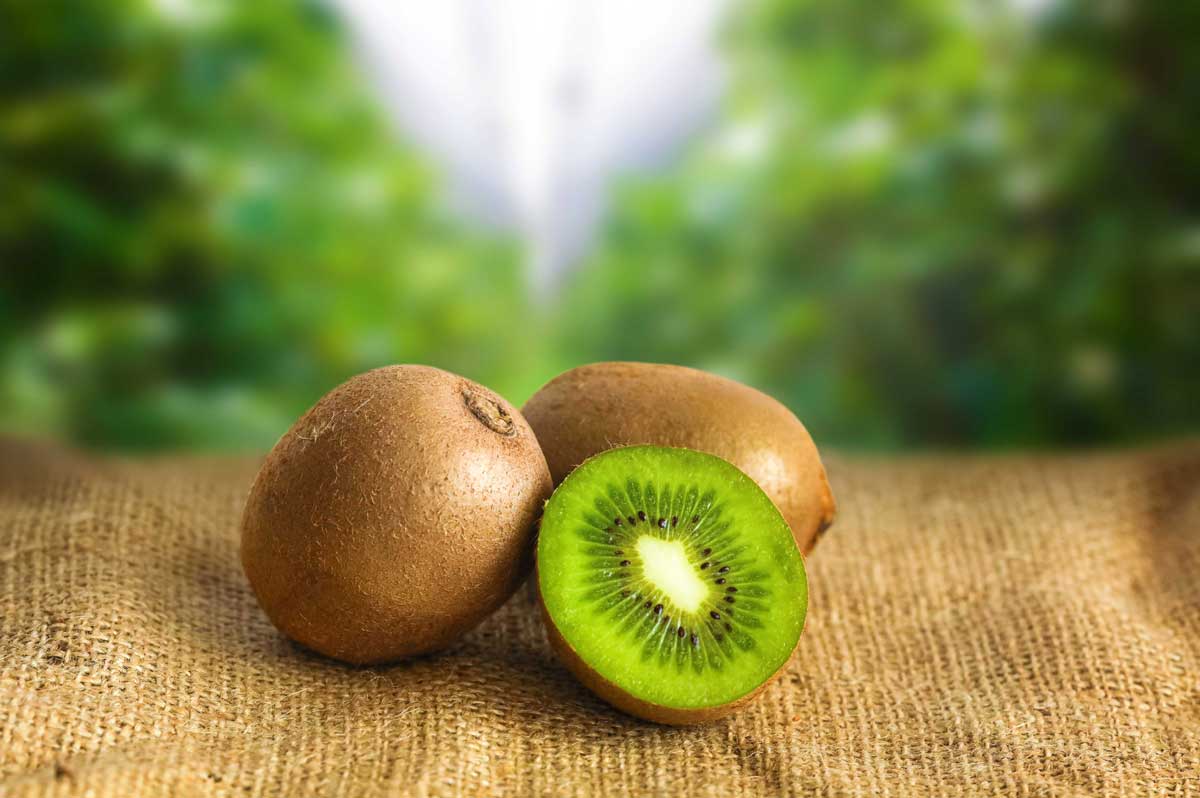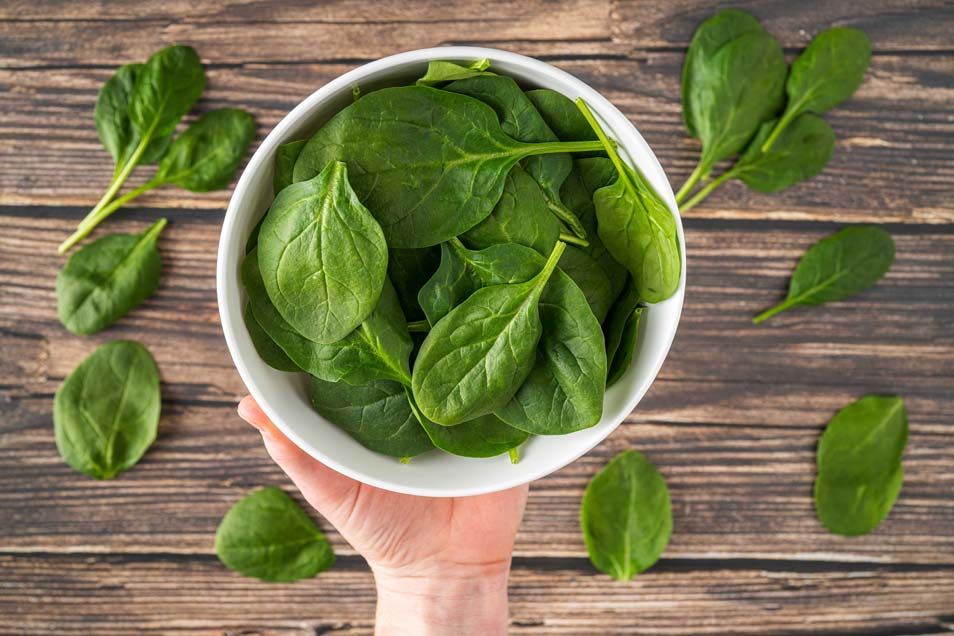
Food processing equipment is the backbone of America’s food manufacturing industry—transforming raw ingredients into safe, high-quality products at scale. In 2025, the U.S. market is experiencing rapid innovation driven by automation, sustainability, and evolving consumer preferences. Whether you're a startup or an industrial food producer, investing in the right equipment ensures compliance, efficiency, and profitability.
Market Overview
According to Future Market Insights, the global food processing equipment market is valued at $50.7 billion in 2025 and projected to reach $78.0 billion by 2035, growing at a CAGR of 4.4%. The U.S. remains a dominant player, with strong demand from bakery, dairy, meat, beverage, and plant-based sectors. Automatic equipment accounts for 35.4% of market share, while peeling and slicing lead application segments with 20.1% share.
For full market data, visit Future Market Insights.
Top Food Processing Equipment Manufacturers in the U.S. (2025)
1. Bloom Engineering
Based in Pennsylvania, Bloom Engineering specializes in custom-designed food processing machinery. Their solutions include industrial ovens, dryers, and thermal systems tailored to client specifications. They’re known for innovation, energy efficiency, and compliance with USDA and FDA standards.
2. Heat and Control Inc.
With facilities across the U.S., Heat and Control offers turnkey systems for frying, baking, seasoning, and packaging. Their equipment serves snack food, meat, poultry, and seafood processors with high-speed automation and precision controls.
3. GEA Group
GEA’s U.S. division provides advanced equipment for dairy, beverage, and food ingredient processing. Their portfolio includes separators, homogenizers, and pasteurizers designed for hygiene and sustainability.
4. Marel USA
Marel delivers integrated systems for meat, poultry, and fish processing. Their smart equipment includes portioning machines, graders, and robotic packing solutions with real-time analytics.
For a full list of manufacturers, visit Bloom Engineering’s 2025 rankings.
Key Equipment Categories
Food processing equipment spans multiple categories, each serving specific functions:
Mixing & Blending: Used in bakery, dairy, and beverage production to ensure uniformity and texture.
Cutting & Slicing: High-speed blades and lasers for fruits, vegetables, meats, and cheeses.
Cooking & Frying: Continuous fryers, ovens, and steamers for thermal processing and flavor development.
Cooling & Freezing: Spiral freezers, blast chillers, and cryogenic systems for preservation and packaging.
Packaging & Filling: Automated systems for bottling, pouching, and vacuum sealing with minimal waste.
Automation and Smart Technology
In 2025, automation is a key driver of efficiency and quality. According to Accio’s industry report, smart kitchen technology and modular equipment are reshaping food production. Features include:
IoT Sensors: Monitor temperature, humidity, and pressure in real time.
AI Algorithms: Optimize production schedules and detect anomalies.
Robotic Arms: Handle repetitive tasks like sorting, packing, and palletizing.
Predictive Maintenance: Reduces downtime by forecasting equipment failures.
For trend analysis, visit Accio’s 2025 equipment trends.
Regulatory Compliance and Safety
U.S. food processors must comply with FDA, USDA, and OSHA regulations. Equipment must meet standards for:
Sanitation: Easy-to-clean surfaces and CIP (clean-in-place) systems.
Material Safety: Use of food-grade stainless steel and BPA-free plastics.
Traceability: Integration with ERP systems for batch tracking and recall readiness.
Worker Safety: Guarding, emergency stops, and ergonomic design.
Sustainability in Equipment Design
Manufacturers are prioritizing energy efficiency, water conservation, and waste reduction. Trends include:
Low-energy motors and drives to reduce carbon footprint.
Water recycling systems for cleaning and cooling processes.
Compact modular designs that reduce space and material usage.
Biodegradable packaging integration for eco-friendly operations.
How to Choose the Right Equipment
When selecting food processing equipment, consider:
Production Volume: Match capacity to current and projected demand.
Product Type: Choose equipment suited to your ingredients and end products.
Automation Level: Balance manual control with smart features.
Maintenance & Support: Ensure access to spare parts, training, and technical assistance.
Budget & ROI: Evaluate upfront costs against long-term savings and productivity gains.
Final Thoughts
Food processing equipment is a strategic investment for U.S. manufacturers seeking quality, compliance, and scalability. In 2025, the industry is embracing automation, sustainability, and smart technology to meet consumer demands and regulatory standards. By choosing the right equipment and partnering with trusted manufacturers, businesses can future-proof their operations and thrive in a competitive market.



